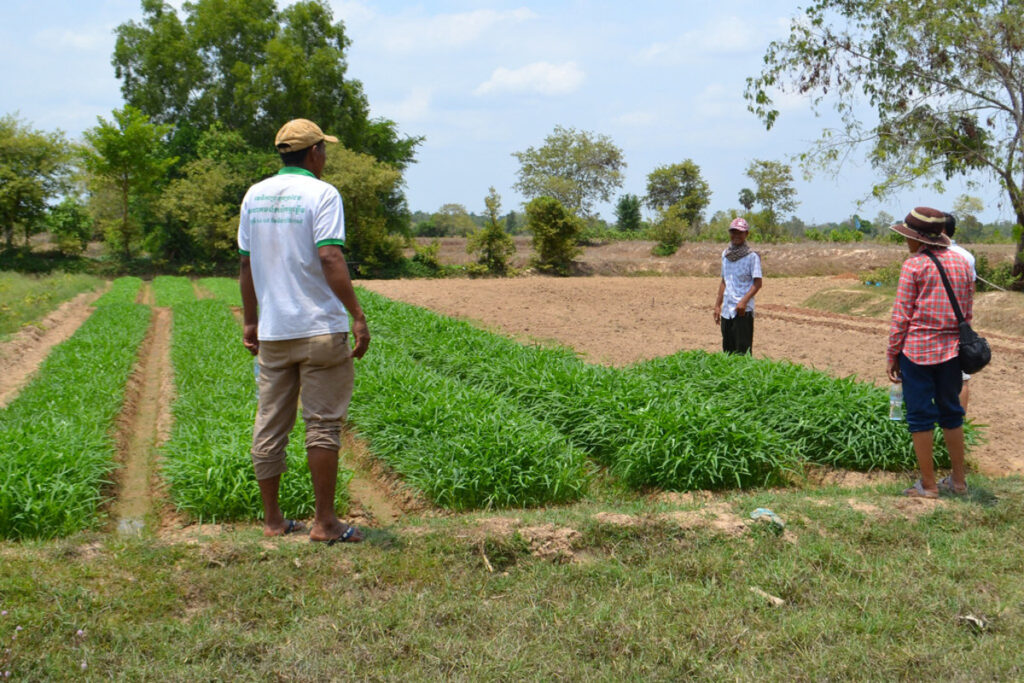The US project closure in Pakistan has sent shockwaves through the agricultural sector, dealing a severe blow to agricultural cooperation between the two nations. The abrupt US project closure in Pakistan has left farmers, researchers, and policymakers scrambling to address the vacuum left behind. With the US project closure in Pakistan, the future of agricultural cooperation now hangs in the balance.
The US Project Closure in Pakistan Deals Blow to Agricultural Cooperation is not just an administrative decision—it is a critical setback that jeopardizes years of progress in agricultural cooperation. This US project closure in Pakistan affects sustainable farming practices, agricultural research, and technological advancements that were poised to revolutionize Pakistan’s farming industry. The unexpected US Project Closure in Pakistan Deals Blow to Agricultural Cooperation raises serious concerns about food security, productivity, and international support for Pakistan’s agriculture.
For years, agricultural cooperation between the US and Pakistan has facilitated modern farming techniques, better irrigation systems, and innovative agricultural research. However, with the US project closure in Pakistan, these advancements now face uncertainty. The US Project Closure in Pakistan Deals Blow to Agricultural Cooperation has halted major funding, leaving vital initiatives without the resources needed to sustain momentum. This US project closure in Pakistan could result in stagnation, reversing the growth that agricultural cooperation had fostered over the years.
The US project closure in Pakistan is a major blow to small farmers who relied on the project’s resources and guidance. With the US project closure in Pakistan, many rural communities will suffer from a lack of training, technological support, and financial aid. This US project closure in Pakistan threatens agricultural productivity and the livelihoods of countless farmers. Without strong agricultural cooperation, the sector risks falling behind in global competitiveness.
The US project closure in Pakistan sends a strong message about the fragility of international agricultural cooperation. The abrupt US project closure in Pakistan raises concerns about future collaborations and Pakistan’s ability to secure stable agricultural support. The US project closure in Pakistan is a wake-up call for policymakers to seek alternative solutions to sustain agricultural cooperation without reliance on foreign aid.
The US project closure in Pakistan is a defining moment for the nation’s agricultural future. The end of this initiative marks a turning point in agricultural cooperation, forcing Pakistan to reconsider its strategies. If the US project closure in Pakistan is not addressed with immediate policy adjustments, the consequences could be long-term and severe. Strengthening domestic resources and seeking new agricultural cooperation avenues must be a top priority to mitigate the impact of the US project closure in Pakistan.
While the US project closure in Pakistan may be a setback, it also presents an opportunity to enhance self-reliance. The US project closure in Pakistan should serve as a catalyst for Pakistan to boost its own agricultural cooperation networks and innovate independently. The US project closure in Pakistan is a challenge, but it also offers a chance to strengthen the country’s commitment to agricultural cooperation on its own terms.

